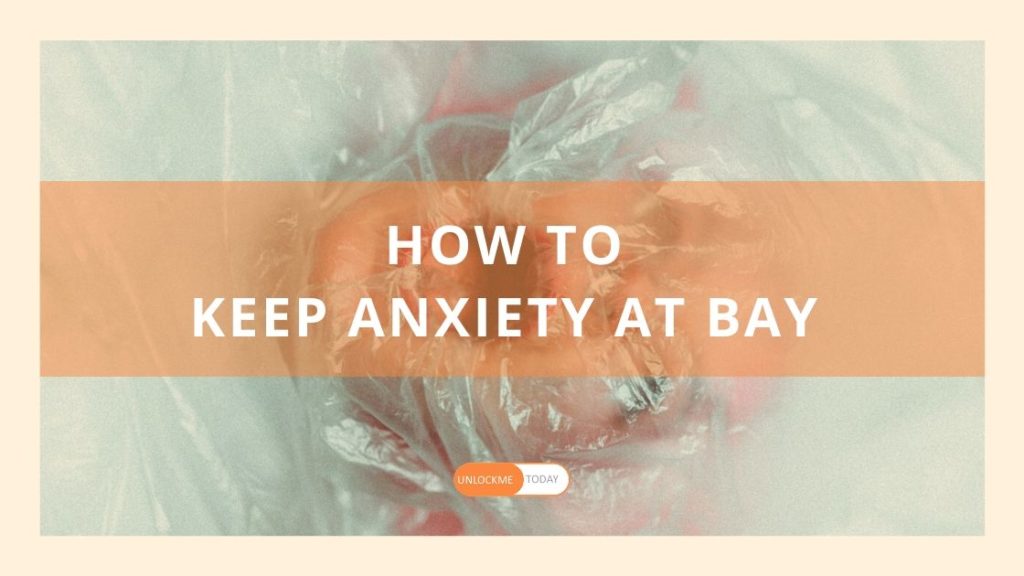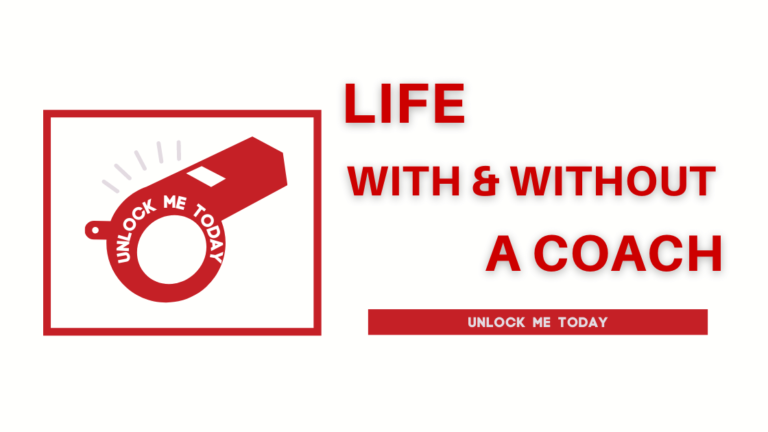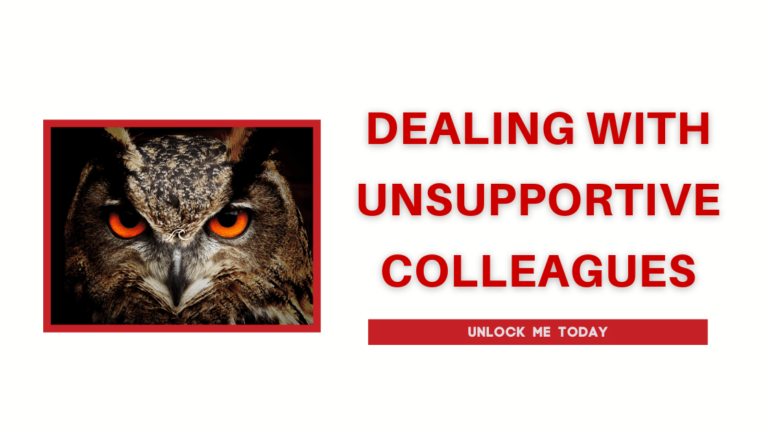Unwanted troubling thoughts are thoughts stuck in our mind that cause discomfort. They seem to come from out of nowhere, arrive with a blast, and cause anxiety. These thoughts consist of repetitive doubts and questions that cannot be answered with certainty. Some are just weird thoughts that make no apparent sense. These thoughts can be very explicit, and people usually think twice before sharing them. Even people without a diagnosable anxiety disorder feel anxious sometimes. Many tips and tricks can help, including exercise, yoga, and music therapy.
Dredging up bad experiences from the past or thinking about the future will just heighten your anxiety. When this happens, realize what you’re doing. Tell yourself that it’s okay for unfortunate things to happen and that our brains are well-equipped to handle a crisis if one occurs. For people with an anxiety disorder, it’s crucial to look at techniques which could help manipulate or reduce anxiety in the long term, like talk therapy or medicinal drug. However, anybody can benefit from other ways to reduce strain and tension with lifestyle changes inclusive of eating a properly-balanced diet, limiting alcohol and caffeine, and taking time for yourself.
So many people, just like you, struggle everyday to fight their anxiety. Learning how to get hold of your anxiety is a long-term process. Living with anxiety can be very hard. It’s important that you don’t allow yourself to give in to it and try to overcome those thoughts. You need to make smart decisions and commit to long-term treatment. Following points might help you:
Aromatherapy and essential oils
Essential oils have been used for thousands of years to treat a number of conditions, including anxiety. These oils help our brain release chemicals that make you feel good. They help you in easing your anxiety and being feelings of calm, peace and cool.
Listen to good mood music
The right music can make you forget your problems and thoughts. Don’t just choose songs that you like but also make sure that you are listening to music that represents the way you want to feel. Happy music can instantly make all your troubles seem gone.
Plan ahead and keep things realistic
A lot of times anxiety occurs because you’re unsure. Change this by making a game plan. Keeping a plan ready for the future always helps and you can always find solutions to these situations. Remind yourself that happy endings do exist and everything is going to be okay.
Pace yourself
You need to understand that slowing down is okay. Keeping some time for yourself and taking things at a slow pace can help you overcome the feeling of anxiety. Do activities that make you feel good about yourself. Have a bubble bath, go for a run, go shopping. Along with your career, start focusing on your mental health too.
Exercise regularly
When our heartbeat increases during working out, we come more comfortable with changing heartbeat. We become more comfortable with our body being aroused, and we don’t automatically assume that arousal is from anxiety. We use exercise to fight the symptoms of anxiety, and treat it. When you become physically fit, your anxiety automatically takes a backseat.
Get some perspective
Anxiety can arise from unnecessary worry about a lot of things that don’t matter in the long run. Consider how this will really affect you in a long run.
Reduce caffeine intake
Adrenaline is a hormone involved in body’s fight-or-flight worry response. Caffeine causes a spike in adrenaline stages, and this will make some humans feel stressful or on edge. Espresso is over the counter most popular sources of caffeine. Even decaffeinated espresso includes around 2–12 milligrams of caffeine. People who observe a connection between caffeine consumption and tension ought to strive slicing caffeine out of their diet. People need to do this slowly to avoid caffeine withdrawal. Withdrawal can motive bodily signs and symptoms much like ones of anxiety.
Try a mini-meditation
Irrespective of what’s causing your tension, take a pause and try this 3-minute meditation to anchor your mind and body in the present. Sit down, take some deep breaths, in through the nose, and out through the mouth, feeling the breath pass through the body, the growing sensation as you breathe in, the falling sensation as you breathe out. do this a few times, then allow the breath to return to its natural rhythm. The moment you realise you’re caught up in thought, come again to that sensation, that feeling of being grounded. It’s as though you’re stepping out of the thoughts, into the present.
Distract yourself
In case you’re feeling anxious, try a distraction technique — something that redirects your interest away from distressing mind or emotions. Put your hands under running cold water, color, or draw on a piece of paper. Distractions work because your brain can’t be in places at once, and shifting your attention to any hobby will interrupt a string of racing thoughts.
Write It Down
One way to address stress is to write down things. While recording what you’re stressed about is one method, another is jotting down what you’re grateful for. Gratitude may additionally help relieve strain and tension by focusing your thoughts on what’s positive in your lifestyles.
Limit your information intake
Definitely, our world has changed with regard to the range of annoying situations to which we are exposed. With a 24-hour information cycle and a public that is hungry for graphic and sensational tales, it is increasingly crucial to shelter yourself from such information.
Spend Time With friends and family
Social support from buddies and your own family can help you get through traumatic times.
Being part of a friendly community gives you an experience of belonging, which can help you in hard instances. One study found that for females especially, spending time with pals and youngsters helps launch oxytocin, a natural stress reliever. This effect is referred to as “tend and befriend,” and is the alternative of the fight-or-flight reaction.
Exercise yoga
Yoga can be a particularly beneficial form of exercising for anxiety. Yoga decreases coronary heart rate, blood stress, and cortisol levels. Cortisol is a hormone involved within the fight-or-flight worry response. Having too much cortisol inside the bloodstream can exacerbate tension.
Yoga also leads to a lower in signs and symptoms of depression and tension. It additionally reduces the stages of molecules called cytokines in the blood. The immune machine releases cytokines in response to strain.
Seek advice from an expert
There can be humans available who can manual you even if things seem out of control right now. This includes mental health professionals who can help you to construct coping resources and learn to relax and allow cross of the burdens of anxiety.
Structure your day to include breaks
Working for over eight hours straight isn’t healthy. Productivity actually goes down, stress levels increase, and you have no energy left for your family. Our minds and bodies require periods of rest to rejuvenate and re-energize. That means walks, breathing exercises and considering them equally important as your work. If we have intense concentration for about 90 minutes, followed by a brief period of recovery, we can clear the pile of stress and re-energize ourselves.


